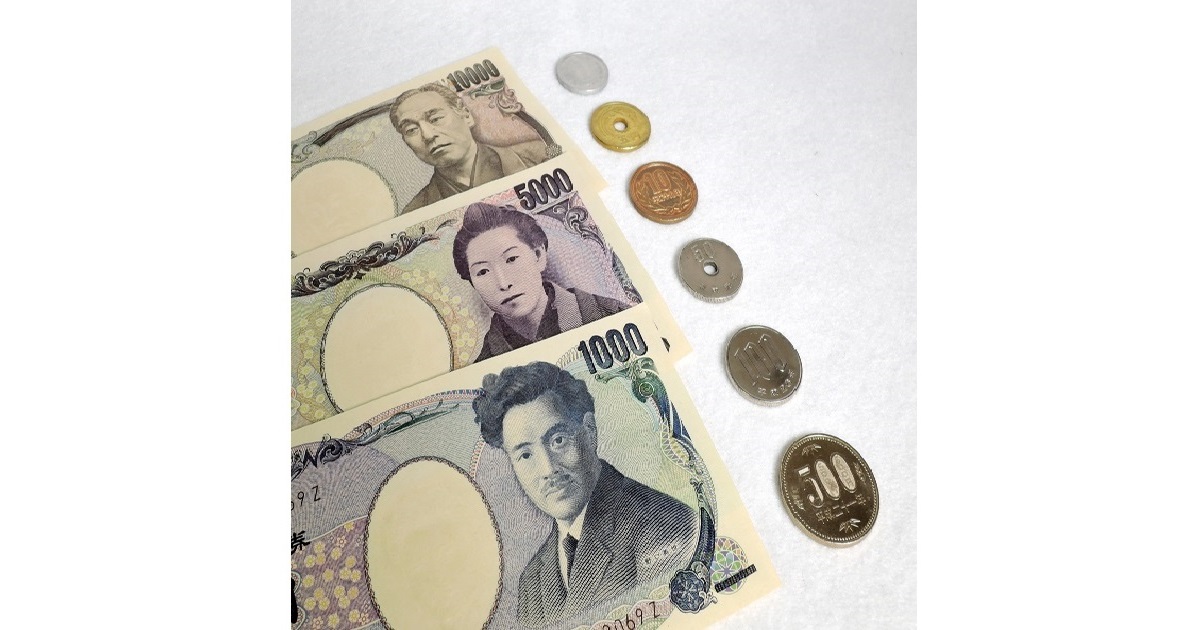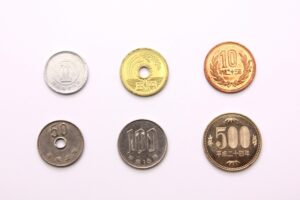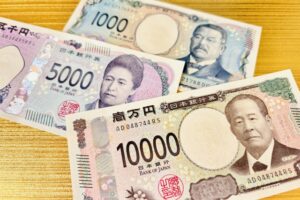Let’s introduce the currency used in Japan.
Many stores in Japan are moving towards a cashless society, but coins and bills are still widely used.
In traditional tourist spots, you may only be able to pay with cash.
So, if you keep a few coins and bills in your wallet, you won’t have to worry wherever you go.
The Coins of Japan (硬貨 – Kōka)
Japan has six different types of coins in circulation.
- 1 Yen Coin: A very light, silver-colored aluminum coin.
- 5 Yen Coin: A gold-colored coin with a hole in the center.
- 10 Yen Coin: A copper-colored coin.
- 50 Yen Coin: A silver-colored coin with a hole in the center.
- 100 Yen Coin: A common silver-colored coin.
- 500 Yen Coin: The largest and heaviest coin, with a gold and silver two-tone design.
Smart Tip: Manage Your Coins with a Good Wallet
With so many different coins, your pockets can fill up quickly.
A travel wallet with a dedicated coin compartment is a lifesaver in Japan, helping you stay organized and pay smoothly.
The Banknotes of Japan (紙幣 – Shihē)
- 1,000 Yen Bill: Typically blue.
- 2,000 Yen Bill: A very rare bill issued in the year 2000. You’re lucky if you see one!
- 5,000 Yen Bill: Typically purple.
- 10,000 Yen Bill: Typically brown.
New banknote designs were introduced in 2024, but older bills can still be used without any problems.
A final tip: Tipping is not a custom in Japan, so when paying with cash, be sure to receive your change.
You Might Also Like
While cash is essential, Japan is also a cashless society. Learn about the best payment apps to use during your stay.







